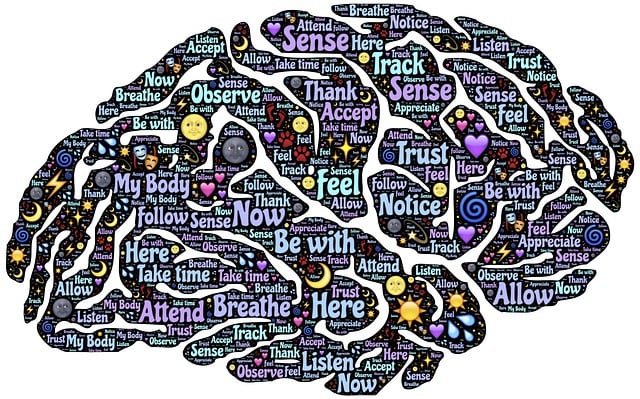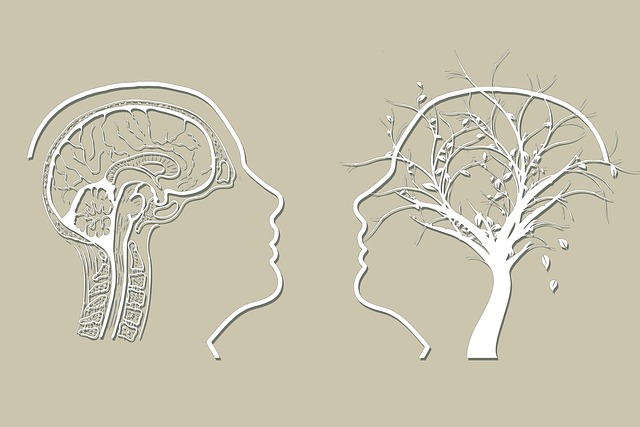Parker Gender Identity Therapy (PGIT) is a groundbreaking group facilitation approach that creates safe, inclusive environments for exploring and expressing gender identities. Facilitators guide participants through open discussions, active listening, and structured activities to build resilience, enhance mood and stress management, and promote self-acceptance. This method, valuable for mental wellness professionals, fosters empathy, understanding, and community building, contributing to profound personal growth. Open dialogue, active listening, and group activities are key strategies in PGIT, promoting emotional intelligence, self-esteem, and peer connections, ultimately strengthening therapeutic outcomes and empowering individuals to face life's challenges.
“Unleashing the power of group facilitation for mental wellness is a transformative journey, especially when guided by the framework of Parker Gender Identity Therapy. This therapeutic approach revolutionizes group dynamics, fostering trust and connection in diverse communities.
In this article, we explore effective techniques to create safe spaces, enhance communication, and facilitate engaging activities that promote personal growth. From understanding Parker’s principles to practical interventions, discover how these strategies can empower facilitators to support individuals navigating their mental health.”
- Understanding Parker Gender Identity Therapy: A Framework for Group Facilitation
- Creating a Safe and Inclusive Environment: Building Trust and Connection
- Effective Communication Strategies: Encouraging Open Dialogue
- Group Activities and Interventions: Fostering Growth and Support
Understanding Parker Gender Identity Therapy: A Framework for Group Facilitation

Parker Gender Identity Therapy (PGIT) offers a unique framework for group facilitation, particularly within mental wellness contexts. This therapeutic approach recognizes and validates the diverse gender identities individuals may hold, promoting an inclusive environment. By fostering open discussions and encouraging self-expression, PGIT facilitates a safe space where participants can explore their identities, navigate challenges, and build resilience.
In a group setting, facilitators utilizing PGIT techniques aim to create a supportive community that enhances mood management and stress management skills. This involves active listening, reflective practices, and structured activities designed to encourage empathy, understanding, and self-acceptance. The approach’s emphasis on individual expression contributes to the overall mental wellness of participants, making it a valuable tool for facilitators in Mental Wellness Podcast Series Production, where engaging conversations can lead to profound personal growth and community building.
Creating a Safe and Inclusive Environment: Building Trust and Connection

Creating a safe and inclusive environment is paramount when facilitating mental wellness groups, as it fosters trust and connection among participants. This begins with establishing clear boundaries, ensuring every individual feels heard, respected, and valued. Facilitators should encourage active listening and empathy to build a supportive atmosphere where members can openly share their experiences without fear of judgment or discrimination. Techniques like Parker Gender Identity Therapy promote this by challenging assumptions, validating diverse identities, and fostering an environment that embraces all gender expressions.
Emotional intelligence plays a crucial role in cultivating this space; facilitators must be adept at recognizing and managing their emotions while promoting self-esteem improvement through constructive feedback and encouragement. By implementing emotional well-being promotion techniques, group members can develop coping mechanisms, enhance their emotional resilience, and form meaningful connections with peers. This inclusive approach not only strengthens the therapeutic effects of the group but also empowers individuals to navigate life’s challenges more effectively.
Effective Communication Strategies: Encouraging Open Dialogue

Encouraging open dialogue is a cornerstone of effective communication strategies within mental wellness group facilitation. Creating a safe and supportive environment where all participants feel comfortable expressing their thoughts, feelings, and experiences is paramount. Techniques like active listening, reflective listening, and open-ended questioning help facilitate this process. For instance, facilitators can use prompts that begin with “Tell me more about…” or “How do you feel about…” to invite deeper sharing without leading the conversation.
At the heart of this approach lies the promotion of self-esteem improvement and emotional intelligence among group members. By fostering an atmosphere where diverse perspectives are valued and respected, facilitators can help individuals develop a stronger sense of belonging and self-worth, mirroring the principles underlying Parker Gender Identity Therapy. Moreover, risk management planning for mental health professionals becomes easier when open dialogue is fostered effectively, as it allows for early identification of distress signals and provides opportunities to offer timely interventions or referrals.
Group Activities and Interventions: Fostering Growth and Support

Group activities play a pivotal role in fostering growth and support within mental wellness contexts, particularly when tailored to diverse populations like those engaging in Parker Gender Identity Therapy. Through interactive exercises, participants can build connections, enhance self-awareness, and learn valuable coping strategies. These activities create a safe and inclusive environment where individuals can express themselves openly, share experiences, and offer mutual support.
In the realm of mental health education programs design, group interventions are instrumental in burnout prevention. Engaging in collaborative tasks, problem-solving discussions, or creative workshops encourages participants to draw on collective wisdom and resources. Self-Awareness Exercises, for instance, can help individuals explore their thoughts, emotions, and behaviors, fostering a deeper understanding of themselves and others. Such practices not only promote personal growth but also build resilience and strengthen the support system within the group dynamic.
Parker Gender Identity Therapy offers a structured framework for group facilitators to create supportive environments fostering mental wellness. By implementing techniques that build trust, encourage open dialogue, and facilitate engaging activities, facilitators can empower individuals within their care. These strategies ensure every member feels safe, valued, and supported as they navigate their personal journeys of self-discovery and growth. Incorporating practices inspired by Parker Therapy enhances group interventions, ultimately promoting resilience and positive mental health outcomes.













